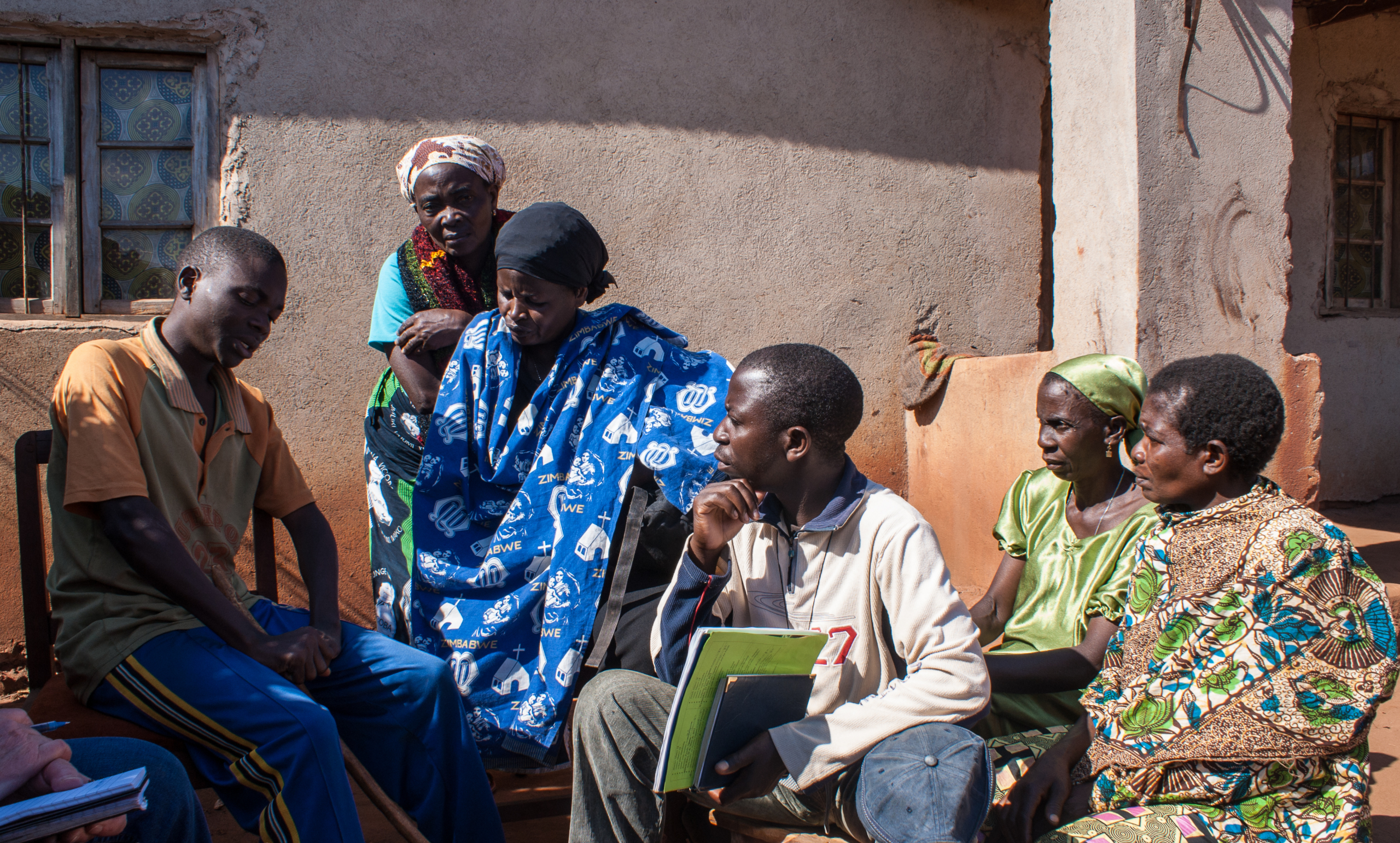5 Facts About Tuberculosis in Mozambique
 Mozambique continues to struggle with the political and economic effects of a civil war that ended in 1992. More than half the country’s population lives below the poverty line and suffers disproportionately from HIV and tuberculosis (TB). Here are 5 facts about tuberculosis in Mozambique.
Mozambique continues to struggle with the political and economic effects of a civil war that ended in 1992. More than half the country’s population lives below the poverty line and suffers disproportionately from HIV and tuberculosis (TB). Here are 5 facts about tuberculosis in Mozambique.
5 Facts About Tuberculosis in Mozambique
- Detection Rates – The TB detection rate in Mozambique is relatively low, however, many people who suffer or die from tuberculosis in Mozambique go undiagnosed and untreated. Despite its prevalence in Mozambique, the country rates among the lowest in the world for TB, with a 57% detection rate. In comparison, its neighbors Zimbabwe and South Africa report 83% and 76% detection rates respectively. With a population of 29.5 million people, an estimated TB incidence of 551/100,000 and an under 5 mortality rate of 73 per 1,000 live births, Mozambique’s current status demands better diagnostic and treatment tools. Organizations like Health Alliance International (HAI), a nonprofit organization based in Seattle, Washington, identified detection and diagnosis as a major obstacle for Mozambique and provided necessary diagnostic technology to aid the country’s underfunded medical facilities. The organization’s work has helped to improve TB detection across the nation. In addition, Apopo, another U.S. nonprofit enterprise that fights TB, trains rats to detect the disease in sputum, with the goal of increasing testing rates.
- Healthcare – Half the nation lives without accessible healthcare — an estimated 50% of the population of Mozambique live at least 20 kilometers from the nearest healthcare facility, likely contributing to the nation’s disproportionately low detection and treatment rates of TB. In fact, an HAI study revealed that 65-80% of people diagnosed with TB in Mozambique do not receive treatment. In response to this deficit, HAI created an online network of test results and TB personnel called GxAlert that allows patients to receive the care they need. Since its implementation in 2014, the program has successfully linked 52 facilities nationally and now accounts for 80% of all people diagnosed and treated for drug-resistant TB in Mozambique. This development promises to lower TB-related deaths, as Mozambique boasts a TB treatment success rate of 90%.
- Tuberculosis and HIV – While people diagnosed with HIV are the most vulnerable to TB, it is the leading cause of death among people diagnosed with HIV in Mozambique. HIV has a prevalence of 12.6% in people from ages 15 to 49, and 56% of TB patients in Mozambique also carry HIV. Consequently, groups like the Elizabeth Glaser Pediatric AIDS Foundation (EGPAF) do crucial work for the elimination of tuberculosis in Mozambique. EGPAF has deployed “cough officers” to healthcare facilities across the nation to ensure that people co-infected with HIV and TB receive proper care. In 2018, EGPAF’s efforts helped to treat 8,249 TB patients in the province of Gaza.
- Economic Instability – Mozambique’s problems run deeper than healthcare — efforts made to improve the diagnosis and treatment of HIV and TB patients in Mozambique have brought technology and healthcare providers to the nation, but economic instability threatens healthcare progress. Mozambique also suffers from poverty, malnutrition and mental health crises brought about by civil war and political unrest. For these reasons, the CDC, WHO and HAI have worked with the government of Mozambique for years to establish essential infrastructure and provide financial resources. For example, the CDC has worked with the National TB Program in Mozambique for nearly 10 years. Early diagnosis, integrating TB and HIV services and diagnosis and treatment of drug-resistant TB are the main areas of focus.
- Anyone Can Help – Anyone can help eliminate TB by contacting their representatives in Congress and advocating on behalf of those suffering from the disease. Organizations like HAI and The Borgen Project provide crucial educational information for those who want to make an impact. Help support the End Tuberculosis Now Act by emailing Congress (it only takes 25 seconds) or by adopting a HeroRAT with Apopo.
– Will Sikich
Photo: Flickr
